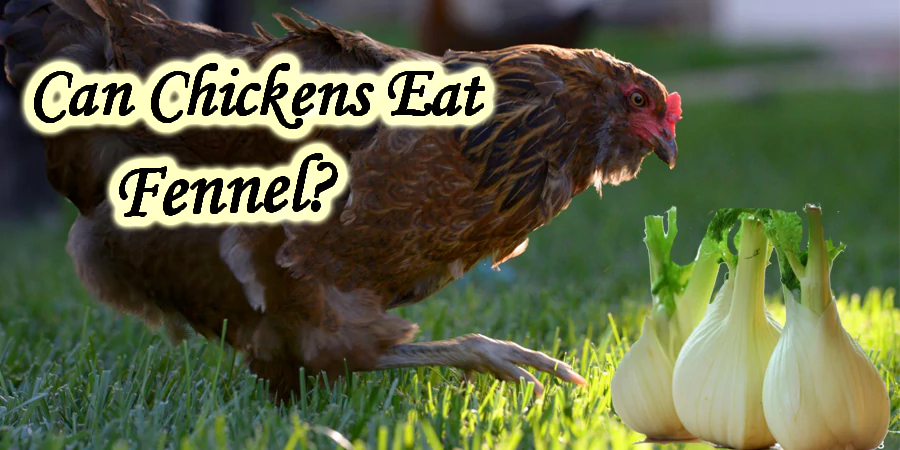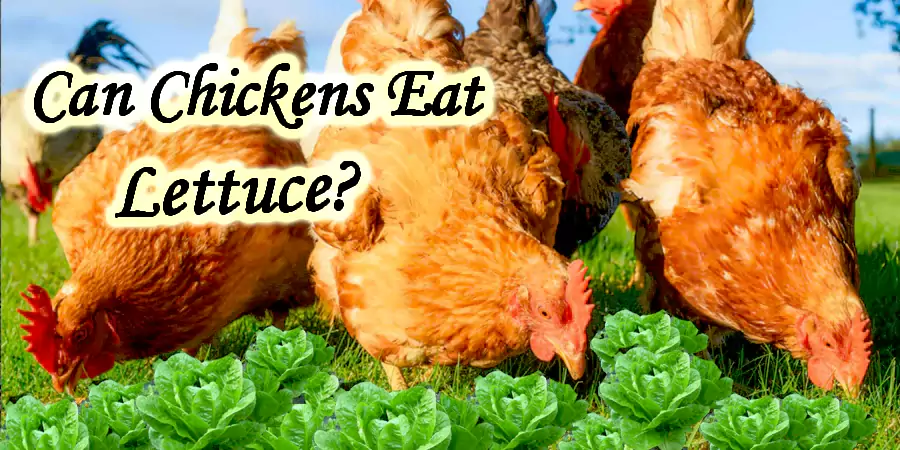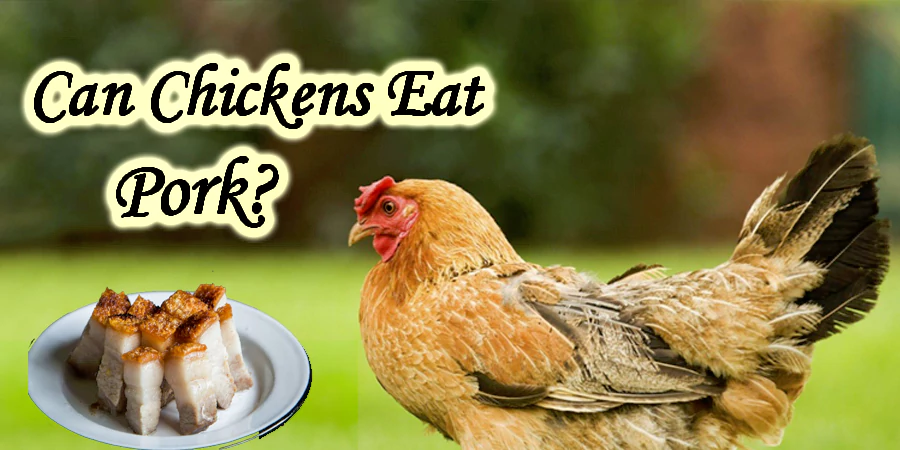Can Chickens Eat Fennel? A Complete Breakdown
Published: 12 May 2024
In search of some nutritious foods, chicken enthusiasts were found wondering about fennel: can chickens eat fennel? Fennel is a flavorful and nutrient-rich food for chickens. It is an enticing option to diversify the diet routine for poultry animals. It is essential to understand its nutritional value and risk factors before serving to chickens. We will delve into its minute characteristics with an analytical approach to equip you with definite knowledge.

Can Chickens Eat Fennel? A Complete Breakdown
What is Fennel?
Fennel is an herbaceous plant with yellow flowers, feathery leaves, and bulbous bases. It is used as a vegetable for humans and birds (chickens). Fennel is native to the Mediterranean region and is available worldwide now. It has a distinctive sweet flavor. It is also used as a medicine to combat digestive disorders.
Is Fennel Safe for Chickens?
Yes, Fennel is a safe dietary option for chickens as an additional diet. It provides some nutritional support to chickens and its flavor adds a touch of delectability. Some chickens may face digestive upset in the first introduction of fennel. Therefore, it is advised to introduce it in small amounts. The preparation process and serving technique will play their role in making it a safe meal for chickens. We will discuss its compatibility with backyard chickens in detail.
Nutritional Profile of Fennel
Nutritional value is one of the most important factors for optimal growth of chickens. Fennel contains vitamins (A, C, E, and K) and minerals (potassium, magnesium, sodium, and iron) that support the overall well-being of our flock. It has a decent amount of calories and carbohydrates which are good sources of instant energy.
Fennel has healthy fiber content which helps chicken to combat digestive problems. The water portion of the fennel prevents dehydration issues in chickens during warm weather. It contains a good volume of sugar content. Antioxidants available in Fennel enhance the mental health of chickens. So, it is helpful for you to know the value of each nutrient in 100 grams of fennel.
How to Properly Prepare Fennel for Chickens?
The preparation process of Fennel will draw a clear line as to whether it is a healthy or harmful food for chickens. Some simple steps ensure the safe consumption of Fennel. It is important to select fresh Fennel and remove the wilted portion. There are chances of dust or dirt, and pesticide remains which should be cleaned with water. Decontamination of Fennel will prevent gastrointestinal disturbance in chickens.
It will be easy to consume for chickens if Fennel is served in small pieces. So you should chop Fennel leaves and bulbs to make it more appealing for your flock. After cleaning and chopping, introduce Fennel gradually. The sudden introduction of Fennel can cause problems for young chickens. It should never be served as the primary diet for chickens. Moderate use of Fennel is a key factor for chicken’s health.
Can Chickens Eat Raw Fennel?
Yes, chickens can consume raw Fennel in moderation. Chickens love to peck at raw Fennel because of its crunchy flavor. Most of the poultry experts prefer raw Fennel for chickens. The removal of dust or pesticide particles is vital for chickens. Rinse it under fresh running water and ensure the proper cleanliness of leaves, bulbs, and seeds. It is also recommended to chop and mix it with other grains, seeds, or fruits. Never overuse raw Fennel for chickens.
Which Parts of Fennel Can Chickens Eat?
Can Chickens Eat Fennel Seeds?
Yes, chickens can enjoy the aromatic snack of Fennel seeds. Fennel seeds are a small but flavorful addition to chicken’s diet. It is very easy to mix them with chia seeds or pumpkin seeds and prepare a mixed trail for chickens. Chickens will like to have Fennel seeds sprinkled over other grains and fruits. It is an entertaining way to feed seeds to chickens scattered inside the coop or backyard garden. So, Fennel seeds can be used to diversify the routine diet of your flock. They contain some healthy nutrients like antioxidants. We recommend you serve fennel seeds in limited amounts.
Can Chickens Eat Fennel Bulbs?
Yes, chickens can eat Fennel bulbs with some considerations. Fennel bulbs have a crispy texture and mild sweet flavor. It is essential to remove the damaged parts and decontaminate bulbs before serving them to the flock. It can cause choking issues if served as a whole to chickens. So slice or chop them to make them easy to consume for young chickens. Fennel bulbs provide a few nutrients but not enough to replace the regular diet for chickens. So avoid excessive use of fennel bulbs.
Can Chickens Eat Fennel Stems?
Yes, chickens can consume fennel fronds with some precautions. Fennel stalks provide a mild flavor as Celery. The same process will be adopted to decontaminate the Fennel stems. Chicken keepers must serve fresh, cleaned, and chopped Fennel stems to their chickens. You can scatter the chopped pieces of Fennel stems around the coop to entice your flock. You must ensure the limited intake of Fennel stems in the introduction phase. Fennel stems provide some healthy nutrients for chickens but they should be incorporated with moderation.
Can Chickens Eat Fennel Leaves?
Yes, fennel leaves are good for chickens. It is mandatory to serve Fennel leaves to chickens after properly removing the dirt and pesticide residues. Fennel leaves can provide healthy minerals and vitamins. These nutrients are supportive of the well-being of growing chicks. Offer these leaves in small pieces to avoid consumption issues for chickens. Sudden and excessive serving of leaves can cause digestive issues for chickens. So introduce fennel leaves in moderation.
Types of Fennel Can Chickens Eat?
There are two common types of Fennel which are called common Fennel and Bronze Fennel. We will discuss each of these types of fennel will help you to make a selection.
Can Chickens Eat Common Fennel?
Yes, chickens can have a common Fennel which is also known as garden fennel. It is safe for chickens if served in moderation. You can serve leaves, bulbs, stems, and seeds of common Fennel to your flock. Although there are no serious concerns with common Fennel but chances of contamination are there. So wash thoroughly and serve common fennel in small volumes. To prevent nutrient deficiency in chickens you should serve common Fennel in small chunks and gradually increase the volume.
Can Chickens Eat Bronze Fennel?
Yes, chickens can enjoy bronze Fennel with some caution. Its leaves are in bronze color with aromatic foliage. All parts of bronze fennel are safe for chickens if properly prepared with safety measures. You can serve leaves and stems after the decontamination and chop process. It contains a wide range of health benefits with nutrient-rich profile. It is suggested to offer bronze Fennel in moderation. Carefully observe their response and adjust their feed accordingly.
Can Baby Chickens Eat Fennel?
Of course, baby chicks can eat Fennel but with extra vigilance. Chicks have weak immune systems and can suffer from digestive problems with minor variations in diet. We have always suggested serving formulated commercial feed to chicks during the first few weeks. Their growth phase requires a well-balanced diet with some extra nutrients. So after two weeks, you can serve Fennel to baby chickens in small amounts. Always serve fennel in small pieces according to the size and age of your flock. You should prepare Fennel with extra attention for baby chicks.
How Much Fennel Can Chickens Eat?
Throughout our discussion, we have reinstated the fact that Fennel is a supplementary diet for chickens. It must be served with moderation. The ideal amount of Fennel for your flock depends on their age, size, and variety of chickens. There is no specific formula to calculate its daily intake. We can suggest you keep its portion under 5 % of the total diet of your flock.
With our experience, we have determined that 1-2 times the intake of Fennel a week is enough for chickens. You should monitor the behavior of your flock after eating Fennel. Consult with your veterinarian and adjust the volume accordingly.
Benefits of Fennel for Chickens
The nutritional profile of Fennel shows that it can be beneficial for chickens as an occasional diet. To enjoy this positive outcome you should serve Fennel in a controlled amount. Excessive use of fennel will ruin all these health advantages. Here is a list of common benefits of Fennel for poultry friends.
|
Potential Dangers of Feeding Fennel to Chickens
It is more important to understand the hazards and risks associated with Fennel. Most of these risks can be mitigated with moderation. The second most important aspect is timely identification and rectification of these negative outcomes of Fennel. Here is a list of some common risks.
|
Alternatives of fennel for Chickens
If you are not satisfied with the nutritional profile of Fennel then there are plenty of better options available. Here are the most cherished supplementary dietary alternatives of fennel for chickens.
Herbs: There is a wide variety of herbs that have good nutritional value and are safe for consumption. Basil, Mint, thyme, Parsley, and Oregano are best for chickens.
Leafy Greens: Leafy greens are always included in the list of favorite foods for chickens. The most common types of leafy greens are spinach, Swiss chard, kale, and lettuce. Select as per your preference.
Fruits: Fruits are loved by chickens for their sweet flavor and tender flesh. Most of the chicken keepers serve seedless apples, bananas, dragon fruits, melons, and grapes. Each of them has its benefits.
Vegetables: Vegetables are a compulsory food source for chickens. It is easier to incorporate them with other grains or seeds. Spinach, Carrots, Cucumbers, Zucchini, and bok choy are considered the best options for chickens.
Berries: Although berries are included in the list of fruits but have a special place in chicken’s culinary delight. They are a sweet, delicious, and nutrient-rich diet for chickens. Strawberries, Black berries, Cranberries, and Raspberries are best.
Grains and Seeds: Chickens like to have a diverse diet plan. Grains and seeds are good sources to feed them a delectable mix-trail. Oats, Barley, Wheat, and corn are the best options in grains. Flax seeds and chia seeds are leading the seeds category.
Conclusion
We have concluded that chickens can have Fennel as an occasional diet. It provides vitamins, minerals, and antioxidants which improve digestive functions in chickens. On the other part, it can lead to adverse consequences like choking hazards, allergies, and pesticide remains. We suggest you first understand the benefits and dangers associated with Fennel and then serve it to your flock.
Fennel is a useful and healthy addition to chicken’s diet but always serve it in limited chunks. To set criteria for a portion of Fennel, observe the reaction of chickens and adjust accordingly. If you are not satisfied with the nutritional benefits of fennel then there are many alternatives available and some of them are mentioned above.

- Be Respectful
- Stay Relevant
- Stay Positive
- True Feedback
- Encourage Discussion
- Avoid Spamming
- No Fake News
- Don't Copy-Paste
- No Personal Attacks

- Be Respectful
- Stay Relevant
- Stay Positive
- True Feedback
- Encourage Discussion
- Avoid Spamming
- No Fake News
- Don't Copy-Paste
- No Personal Attacks


